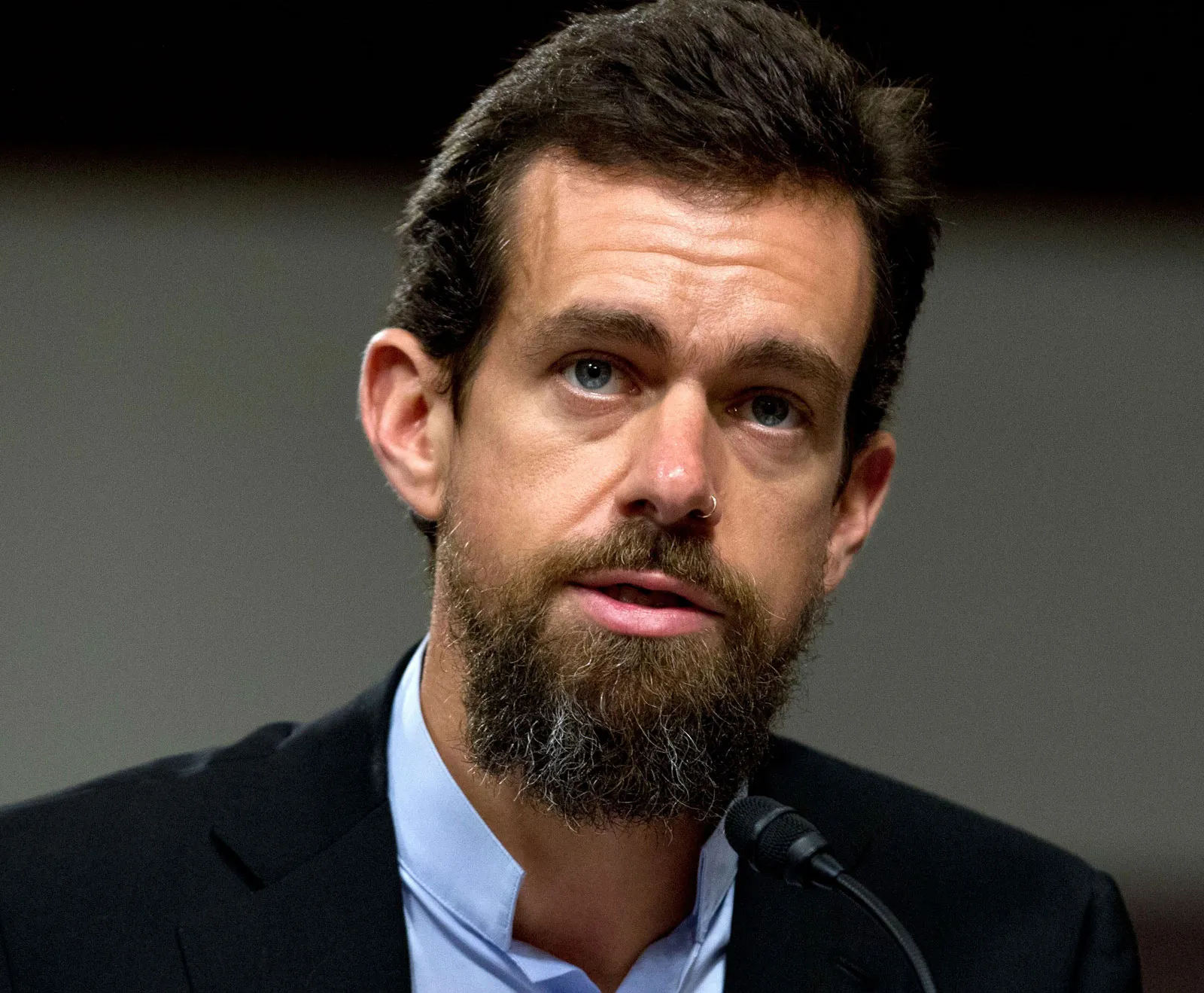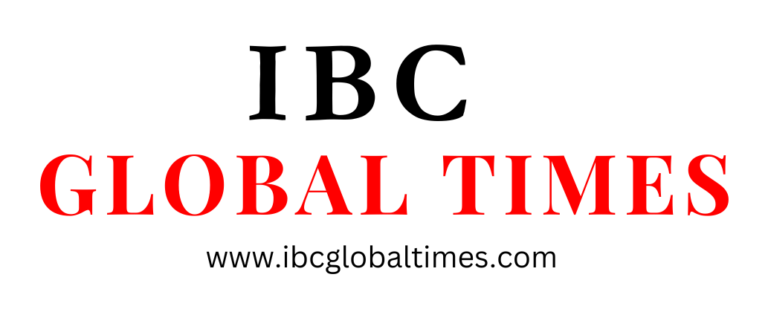In an interview with the YouTube news show Breaking Points, Jack Dorsey, the co-founder and former CEO of Twitter, revealed that the Indian government threatened to shut down the social media platform unless it complied with orders to restrict accounts critical of its handling of farmer protests. Dorsey also stated that India had threatened the company with employee raids if it did not remove specific posts as requested by the government. However, India’s deputy minister for information technology, Rajeev Chandrasekhar, called Dorsey’s claims an “outright lie” and emphasized that no employees were arrested or Twitter shut down. Chandrasekhar suggested that Dorsey’s regime at Twitter had difficulty accepting the sovereignty of Indian law.
These allegations by Dorsey have once again highlighted the challenges faced by foreign tech giants operating under Prime Minister Narendra Modi’s government, particularly in terms of protecting freedom of speech while complying with India’s increasingly stringent social media laws. While Modi and his ministers actively use Twitter, critics argue that the government often resorts to excessive censorship of any criticism. Analysis of Twitter’s transparency reports shows a significant increase of 48,000% in legal demands by the Modi government to remove content from the platform between 2014 and 2020.
Dorsey’s revelations shed light on the pressures faced by Twitter in 2021 when the Modi government sought to control the narrative surrounding the farmers’ protests. The protests, demanding the repeal of new agricultural laws, led to the suspension of numerous Twitter accounts, including those of prominent journalists and news websites, at the government’s request. Twitter later restored most of these accounts, refusing to take down an additional 1,100 accounts allegedly spreading misinformation. In response, the Indian government threatened Twitter employees in India with fines and potential jail time if the company did not comply. Police also visited Twitter offices, raising concerns about the safety of the staff.
Since Elon Musk’s acquisition of Twitter in a $44 billion deal last year, tensions between the social media platform and the Indian government seem to have eased. Musk, who claims to be a “free speech absolutist,” has reportedly reduced Twitter’s Indian workforce by 90%. Twitter appears to have demonstrated greater compliance with the Indian government’s requests under Musk’s leadership compared to Dorsey’s. This compliance included the removal of approximately 50 accounts in January that shared links to a controversial BBC documentary examining Modi’s role in the Gujarat riots. In April, Twitter blocked over 120 accounts, including those of politicians, poets, and the BBC Punjab bureau, as per government demands. Musk previously stated that Twitter would comply with India’s strict social media laws to avoid legal consequences for its employees.
India’s press freedom rankings have declined since Modi assumed office in 2014, dropping from 140th to 161st out of 180 countries, marking its lowest ranking to date as per theguardian.com










